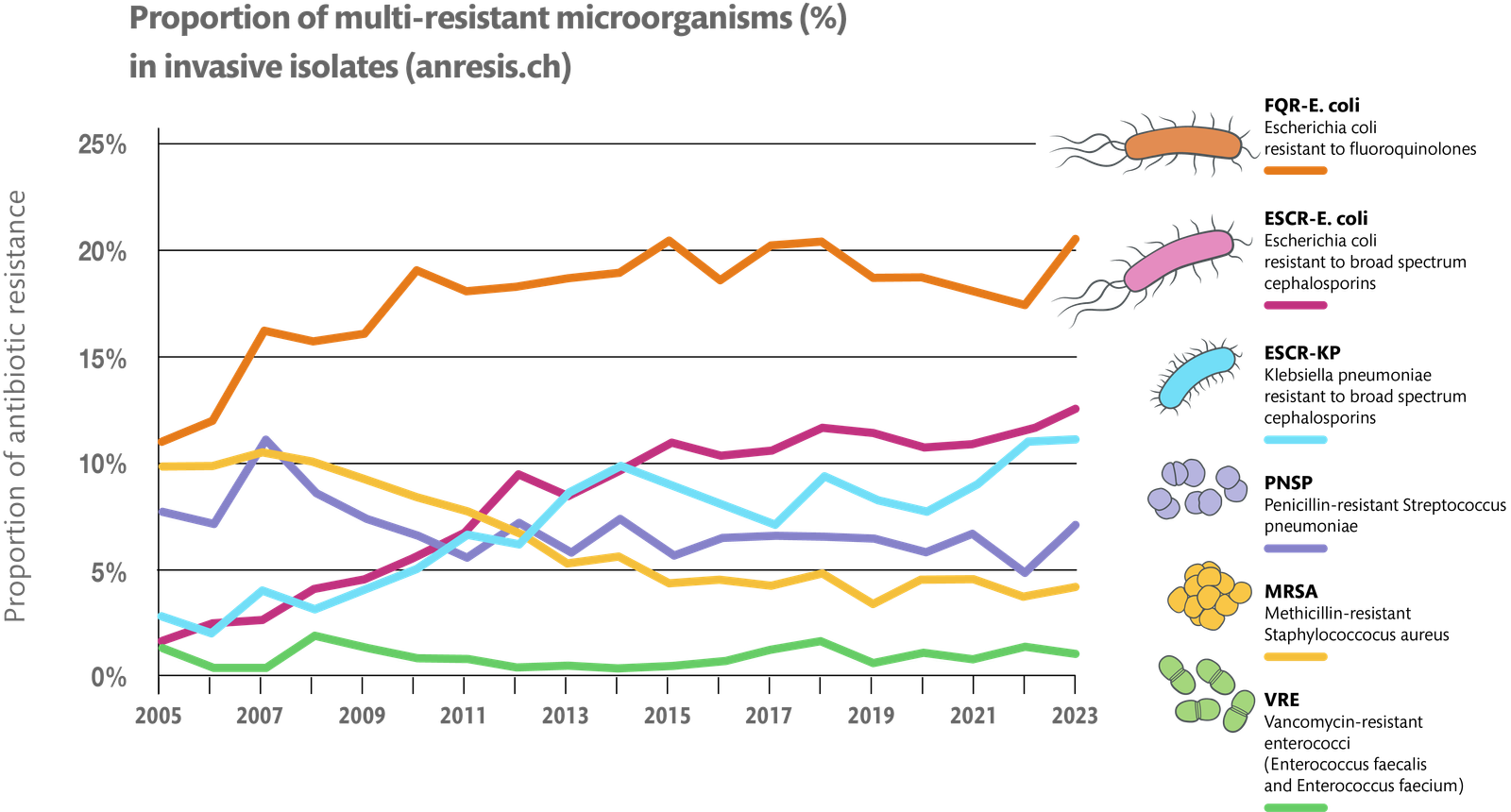Quick Summary
Recent research from the Centres for Antimicrobial Optimisation Network (CAMO-Net) at the University of Liverpool indicates that artificial intelligence (AI) can significantly enhance the treatment of urinary tract infections (UTIs) and help combat antimicrobial resistance (AMR).
Key Insights
- Understanding AMR: Antimicrobial resistance occurs when pathogens evolve and become resistant to previously effective treatments, leading to longer hospital stays, increased healthcare costs, and higher mortality rates.
- Limitations of Traditional Testing: Conventional antimicrobial susceptibility testing (AST) often employs a generic approach, which may not accurately identify the most effective antibiotics for specific infections.
- Personalized Approach: The new study proposes a personalized method that utilizes real-time data to help healthcare providers target infections more effectively, thereby reducing the risk of resistance.
Research Methodology
- The study, led by Dr. Alex Howard, utilized AI to analyze prediction models for 12 antibiotics based on real patient data.
- Results showed that the personalized AST approach provided more accurate treatment options, particularly with WHO Access antibiotics, which are less likely to contribute to resistance.
Expert Commentary
Dr. Alex Howard emphasized the importance of this research, especially during World AMR Awareness Week, stating that integrating routine health data with laboratory tests can help maintain the effectiveness of antibiotics. The AI-driven predictions can guide clinicians in treating patients with UTIs more effectively, potentially improving global healthcare outcomes.
Implications for Future Treatment
- The study represents a significant advancement in addressing AMR by prioritizing the use of WHO access category antibiotics tailored to individual susceptibility profiles.
- This personalized approach not only enhances the efficiency of testing but also supports global initiatives aimed at preserving the effectiveness of critical antibiotics.
Conclusion
The findings from this research highlight the potential of AI in revolutionizing the treatment of infections and combating the growing threat of antimicrobial resistance. By adopting personalized treatment strategies, healthcare providers can improve patient care and contribute to global health efforts.
Sources
- Howard A, et al. Personalised antimicrobial susceptibility testing with clinical prediction modelling informs appropriate antibiotic use. Nat Commun. 2024 Nov 21;15(1):9924.
